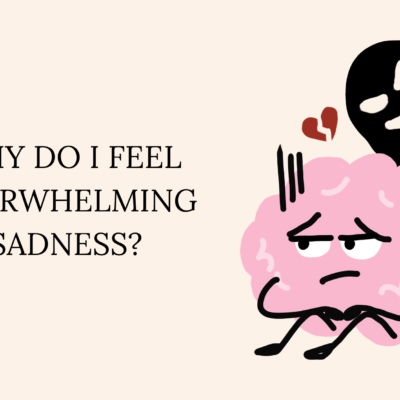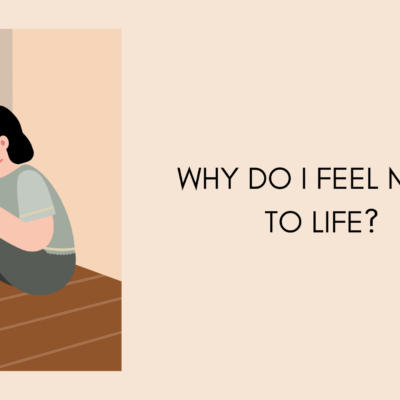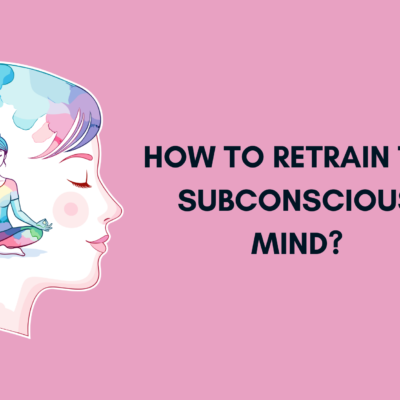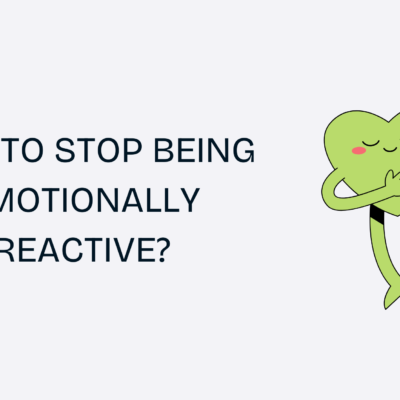How to Stop Feeling Like a Failure: At some point in life, most people ask themselves, “Why do I feel like such a failure?” Maybe you’ve missed your goals, lost a relationship, been rejected, made mistakes, or feel stuck while others seem to be thriving. This feeling—though deeply painful—is far more common than it seems.
The good news? Feeling like a failure doesn’t mean you are one. It’s a temporary emotional state, not a fixed identity. And with the right mindset, actions, and support, you can shift your inner narrative from “I’m not good enough” to “I am learning, growing, and still worthy.”
This article will guide you through understanding the roots of failure feelings and how to break free from them—one step at a time.
Also Read:
Step 1: Understand the Difference Between Failing and Being a Failure
Failing is something that happens to you. Feeling like a failure is something you start to believe about yourself.
Everyone fails. Athletes lose games. Entrepreneurs launch businesses that don’t work out. Students get rejected from universities. People fall out of love. Failing is a part of living.
But feeling like a failure comes from internalizing that event and making it a reflection of your worth. For example:
- “I didn’t get the job” turns into “I’m not talented enough.”
- “My relationship ended” becomes “I’m unlovable.”
- “I made a mistake” becomes “I always mess things up.”
To heal, you must separate what happened from who you are. One event—or even several—does not define your identity.
Step 2: Identify Where the Feeling Comes From
Feelings of failure often have roots in past experiences, environments, or belief systems. Take a moment to explore:
- Childhood Messages: Were you constantly compared to others? Told you had to achieve to be loved?
- Cultural Pressure: Do you measure your worth by how productive, successful, or “perfect” you are?
- Unrealistic Expectations: Are you setting impossible standards for yourself?
- Social Media Influence: Are you constantly comparing your behind-the-scenes to someone else’s highlight reel?
Write down your inner thoughts when you feel like a failure. Then ask: Where did I first learn to speak to myself this way? Often, that voice is not yours. It’s inherited, and it can be unlearned.
Step 3: Challenge the Inner Critic
Your inner critic is the voice in your head that says things like:
- “You’ll never succeed.”
- “Everyone else is doing better than you.”
- “You’ve wasted too much time.”
- “You’re not smart/attractive/good enough.”
This voice might feel familiar—but it’s not the truth. It’s a pattern. And like any pattern, it can be replaced.
Try this:
- Name your inner critic to create distance. Call it “The Judge” or “The Bully.”
- Interrupt the voice by saying, “That’s not helpful right now.”
- Replace it with a kinder truth: “I’m trying. That matters.”
You don’t need to eliminate negative thoughts completely. You just need to stop believing everything they say.
Step 4: Redefine What Success Means to You
Many of us feel like failures because we’re chasing someone else’s version of success—money, fame, relationship milestones, or a certain career path.
But success is deeply personal.
Ask yourself:
- What truly matters to me?
- What kind of life feels meaningful, not just impressive?
- What small wins have I overlooked because I was too focused on “big” success?
You may realize that what you want is more peace, freedom, love, or creativity—not just external validation.
Once you define success on your own terms, you’ll stop feeling like a failure in a race you never wanted to run.
Step 5: Stop Comparing Your Journey to Others
Comparison is one of the fastest ways to feel like a failure. But it’s also one of the most unfair.
Everyone’s life moves at a different pace. Some people find love early; others heal from trauma late. Some people rise quickly and burn out; others bloom slowly and sustainably.
What you see in others is never the full story. You don’t see their anxiety at night, the years they struggled in silence, the help they had, or the privileges they were born with.
Focus on your lane. Progress is still progress—no matter how slow, quiet, or invisible it may seem to the outside world.
Step 6: Celebrate Your Efforts, Not Just Results
We live in a result-driven world. But real growth lies in the process.
Start paying attention to:
- The fact that you got out of bed when you didn’t want to.
- The courage it took to apply for the job, even if you didn’t get it.
- The emotional resilience it took to keep going after disappointment.
- The little ways you keep showing up—even when it’s hard.
These moments don’t always get celebrated, but they’re the real proof of your strength. You’re not failing—you’re fighting. That matters.
Step 7: Surround Yourself with Supportive People
The people around you can either reinforce your feelings of failure or remind you of your worth.
Look for people who:
- Encourage you when you doubt yourself
- Celebrate your effort, not just your outcomes
- Don’t measure you by what you do, but who you are
- Help you laugh when life feels heavy
If you don’t have those people yet, that’s okay. Start by becoming that person for yourself. Therapy, support groups, or online communities can also be incredibly healing.
Step 8: Learn from Setbacks Instead of Personalizing Them
Failure is feedback. Every “no,” every misstep, every disappointment is trying to teach you something.
Instead of asking, “What’s wrong with me?”, ask:
- What did I learn from this experience?
- What would I do differently next time?
- How did this grow me emotionally, mentally, or spiritually?
When you shift from self-blame to self-reflection, failure becomes a teacher—not a life sentence.
Step 9: Build Self-Worth That Isn’t Based on Achievement
Many of us tie our worth to what we do. But what happens when we can’t perform, succeed, or meet expectations?
You are worthy simply because you exist.
Try practicing:
- Self-compassion: Speak to yourself the way you would a close friend.
- Mindfulness: Notice your thoughts and feelings without judgment.
- Self-care: Treat yourself with kindness, not punishment.
Remind yourself often: You are not a project to be fixed. You are a person to be loved.
Step 10: Keep Going, Even When It’s Hard
There will be days when the old thoughts return. When you feel stuck. When it seems like everyone else is doing better. When progress is invisible.
Keep going anyway.
You don’t need to have it all figured out. You don’t need to be perfect. You just need to keep showing up for yourself. That’s how healing happens—not overnight, but over time.
Final Thoughts: You Are Not a Failure—You Are Becoming
You may feel broken, lost, or behind. But you are still here. Still learning. Still trying. And that matters more than any external result.
You are not defined by your worst day, your biggest regret, or your slowest season.
You are defined by your resilience. By the way you keep showing up, even when you’re tired. By your ability to soften, to rise again, to keep going.
Feeling like a failure is not a sign you’ve lost. It’s a signal that you care deeply—and that you’re ready to begin again.
And you can.






